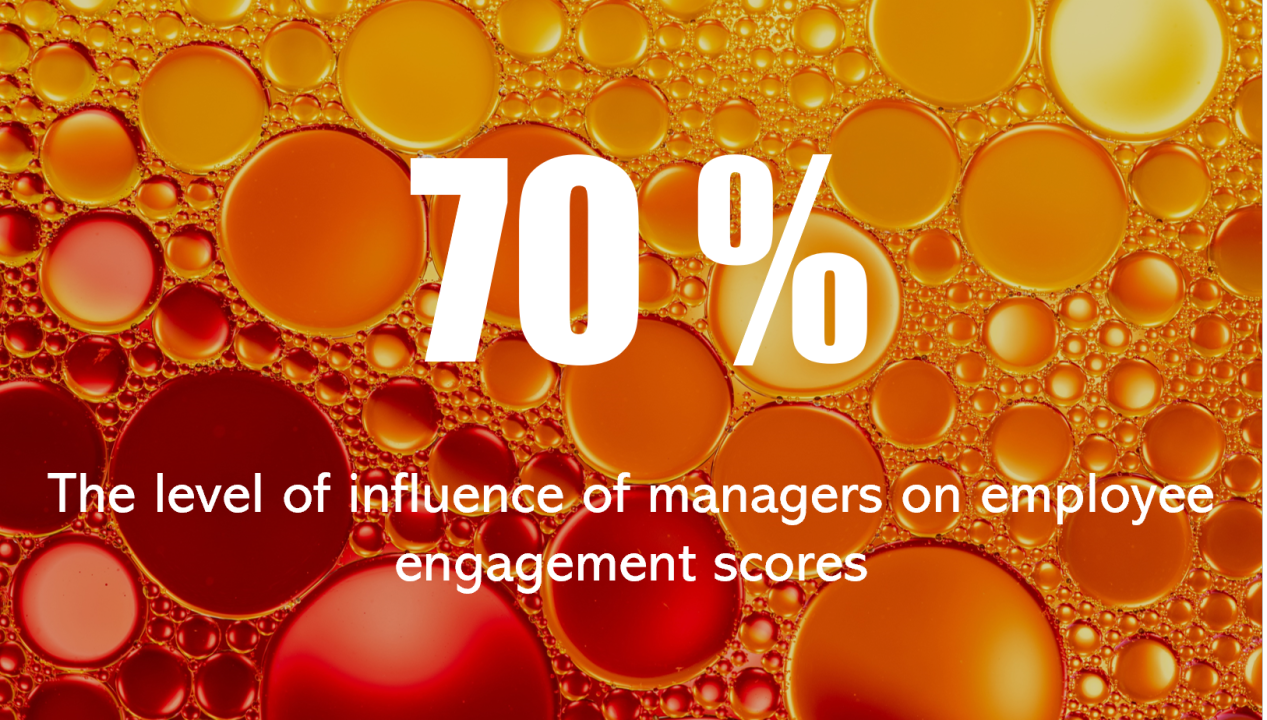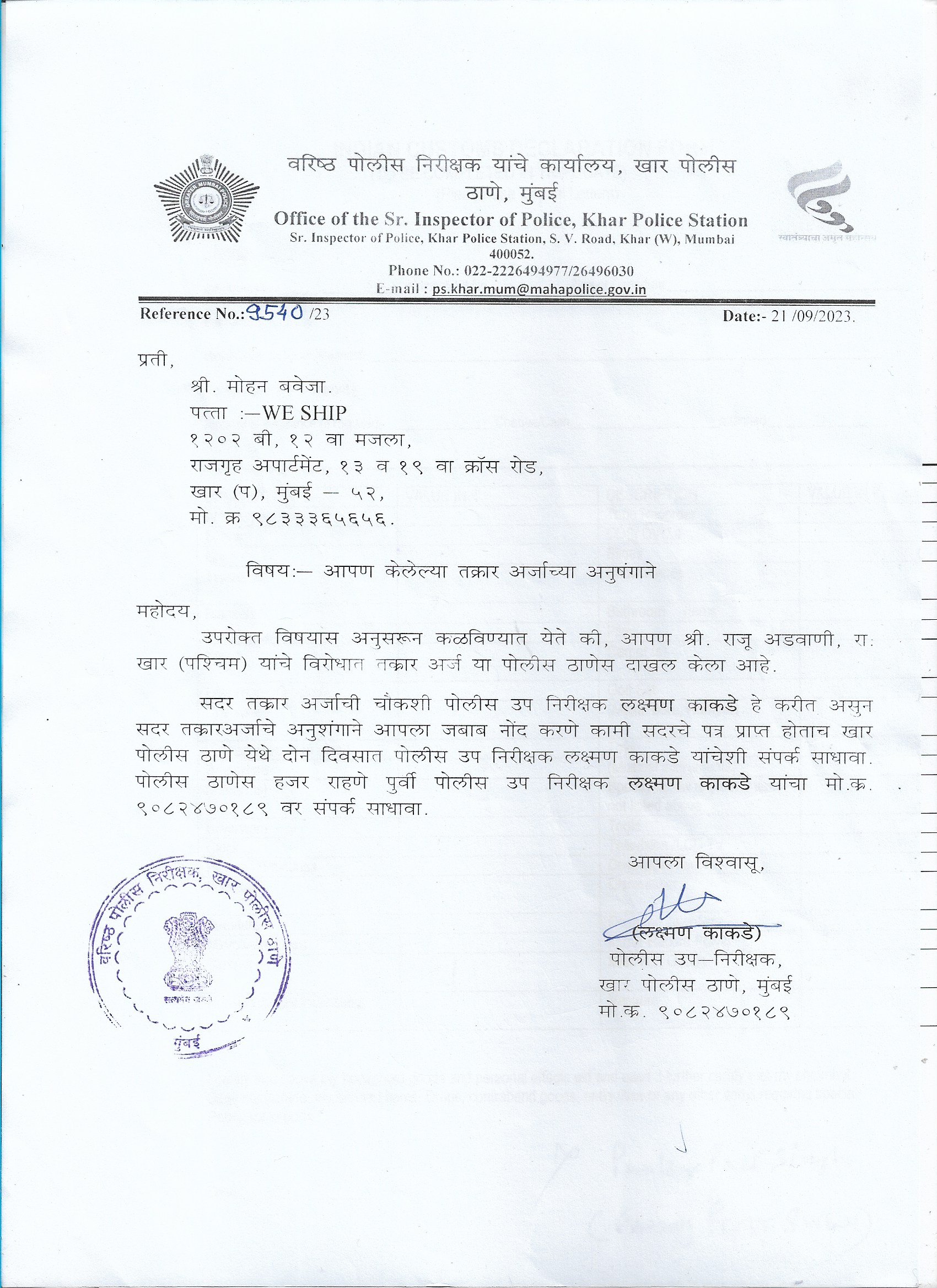How Middle Managers Drive Productivity, Innovation, And Employee Engagement

Table of Contents
The Impact of Middle Managers on Productivity
Middle managers play a pivotal role in translating strategic goals into actionable tasks and driving productivity improvements. This involves several key areas:
Setting Clear Goals and Expectations
Effective goal setting is paramount to achieving high productivity. Middle managers must utilize proven methodologies like SMART goals (Specific, Measurable, Achievable, Relevant, Time-bound) to ensure clarity and alignment.
- SMART Goals: Break down large objectives into smaller, manageable tasks with specific deadlines.
- Regular Check-ins: Conduct frequent one-on-one meetings to monitor progress, address challenges, and provide timely feedback.
- Constructive Feedback: Offer both positive reinforcement and constructive criticism to guide employees towards improvement. Regular performance reviews are crucial for this aspect of performance management.
Implementing these strategies ensures that everyone understands their roles and responsibilities, fostering a more productive work environment and improving employee performance.
Optimizing Workflows and Processes
Streamlining workflows is crucial for boosting productivity. Middle managers can utilize various process improvement techniques to identify and eliminate bottlenecks.
- Lean Principles: Focus on eliminating waste and maximizing efficiency in processes.
- Six Sigma Methodology: Utilize data-driven approaches to reduce variation and improve process quality.
- Technology and Tools: Leverage project management software and other tools to enhance collaboration and track progress efficiently.
- Effective Delegation: Delegate tasks effectively to empower team members and optimize resource allocation.
By optimizing workflows and implementing efficient processes, middle managers can significantly improve overall team productivity and efficiency.
Resource Allocation and Management
Effective resource management is critical for maximizing productivity. Middle managers need to skillfully allocate time, budget, and personnel.
- Prioritization Techniques: Use methods like Eisenhower Matrix (urgent/important) to prioritize tasks and allocate resources effectively.
- Budget Management: Manage budgets responsibly, ensuring resources are aligned with strategic goals.
- Talent Allocation and Development: Identify and deploy team members based on their skills and experience. Invest in training and development opportunities to enhance their capabilities.
This strategic approach ensures that resources are used effectively, fostering a highly productive and efficient team.
Fostering Innovation Through Middle Management
Middle managers are crucial in cultivating an innovative work environment. They act as catalysts, fostering creativity and supporting new ideas.
Encouraging Creativity and Collaboration
A culture of innovation thrives on open communication and collaborative problem-solving. Middle managers can foster this by:
- Brainstorming Sessions: Conduct regular brainstorming sessions to encourage idea generation and collaboration.
- Idea Generation Workshops: Organize workshops that facilitate creative problem-solving and out-of-the-box thinking.
- Risk Tolerance: Create a psychologically safe environment where employees feel comfortable taking risks and experimenting with new ideas.
- Cross-Functional Collaboration: Encourage collaboration between different teams to foster diverse perspectives and innovative solutions.
Identifying and Nurturing Talent
Middle managers play a critical role in identifying and developing employees with high innovative potential.
- Talent Identification: Recognize and nurture individuals with innovative thinking skills and creative problem-solving abilities.
- Mentorship Programs: Establish mentorship programs to guide and support employees with high potential.
- Training and Development: Provide opportunities for training and development, equipping employees with the skills they need to innovate.
- Growth Paths: Create clear career paths to encourage long-term commitment and provide opportunities for advancement.
Implementing and Supporting Innovation Initiatives
Middle managers are vital in championing and supporting innovation projects. Their role includes:
- Removing Obstacles: Identify and remove obstacles that hinder innovation initiatives.
- Resource Provision: Provide the necessary resources (time, budget, personnel) for innovation projects.
- Success Celebration: Publicly acknowledge and celebrate successful innovation projects.
- Continuous Improvement: Foster a culture of continuous improvement, where innovation is an ongoing process.
Improving Employee Engagement Through Middle Management
Engaged employees are more productive, innovative, and committed. Middle managers play a significant role in fostering this engagement.
Building Strong Relationships and Trust
Strong relationships are built on open communication, active listening, and empathy. Middle managers should:
- Regular One-on-Ones: Conduct regular one-on-one meetings to understand individual needs and concerns.
- Team-Building Activities: Organize team-building activities to foster camaraderie and collaboration.
- Conflict Resolution: Address conflicts promptly and fairly, using effective conflict resolution strategies.
- Positive Work Environment: Create a positive and supportive work environment where employees feel valued and respected.
Providing Recognition and Rewards
Recognizing and appreciating employee contributions significantly boosts morale and engagement. Middle managers can implement:
- Public Acknowledgement: Publicly acknowledge and celebrate employee achievements and contributions.
- Performance-Based Rewards: Implement performance-based rewards and incentives to motivate employees.
- Culture of Appreciation: Cultivate a culture where appreciation is a regular occurrence, not just for major accomplishments.
Empowering Employees and Providing Autonomy
Empowering employees and giving them autonomy increases their engagement and job satisfaction. This involves:
- Effective Delegation: Delegate tasks appropriately, empowering employees to take ownership.
- Trust-Building: Build trust by giving employees the freedom to make decisions independently.
- Independent Decision-Making: Encourage employees to make independent decisions, fostering a sense of ownership.
- Sense of Purpose: Help employees connect their work to the overall organizational goals, giving them a sense of purpose.
Conclusion
Effective middle manager effectiveness is not merely about overseeing tasks; it's about leading, inspiring, and empowering teams. This article highlighted the crucial interconnectedness of productivity, innovation, and employee engagement, and the significant role middle managers play in driving each. By focusing on clear goal setting, process optimization, resource management, fostering a culture of innovation, building strong relationships, providing recognition, and empowering their teams, middle managers can significantly contribute to organizational success.
Assess your current middle management practices. Are you providing the necessary tools, training, and support to enhance middle management skills? Investing in middle manager development is an investment in your organization's long-term success. Don't underestimate the power of effective middle management – it's the key to unlocking greater productivity, fostering innovation, and boosting employee engagement.

Featured Posts
-
 Disneys Alaska Expansion Two Ships Set For Summer 2026
May 01, 2025
Disneys Alaska Expansion Two Ships Set For Summer 2026
May 01, 2025 -
 Xrps Meteoric Rise Analyzing The Potential For Future Growth
May 01, 2025
Xrps Meteoric Rise Analyzing The Potential For Future Growth
May 01, 2025 -
 La Jornada Nacional Por El Deporte En Saltillo El Poder Transformador Del Boxeo
May 01, 2025
La Jornada Nacional Por El Deporte En Saltillo El Poder Transformador Del Boxeo
May 01, 2025 -
 Knicks Vs Cavs Jarrett Allens Highlight Reel Dunk
May 01, 2025
Knicks Vs Cavs Jarrett Allens Highlight Reel Dunk
May 01, 2025 -
 Cruise Ship Complaint Policies Will You Be Banned
May 01, 2025
Cruise Ship Complaint Policies Will You Be Banned
May 01, 2025
